Courses
Please note that in Australia, individual courses are referred to as subjects and are thus represented in the Melbourne Handbook and website.
CASA-Melbourne participants will enrol in up to four subjects for a total credit load of 50 points, with most subjects worth 12.5 credit points. All CASA students must enrol in courses totalling a minimum of 50 points to receive full academic credit. Participants can take any combination of subjects from any faculty, conditional on meeting pre-requisites. Participants also have the option to select one graduate Masters-level course from a variety of disciplines, subject to approval as part of their course selection.
Undergraduate Melbourne Courses
CASA-Melbourne students select subjects from Melbourne’s extensive undergraduate catalogue. The Handbook is Melbourne’s searchable database of all subjects. This is the best place to start when looking for subjects to study. Use the Search box to type a topic that interests you, such as biology, marketing or Australia.
Across the University’s 10 academic divisions, available study areas include: Agriculture, Land and Food; Architecture, Design and the Built Environment; Art History; Australian Studies; Business and Economics; Computer Science and Information Technology; Education; Engineering; Environmental Studies; Humanities and Social Sciences; Languages; Media and Communications; Music; Psychology; Sciences; Visual and Performing Arts.
View our complete guide about subjects and faculties at Melbourne online.
Object Based Learning
The University of Melbourne also offers a collection of subjects that are taught through the practice of Object Based Learning (OBL). This unique mode of education enables students to engage directly with cultural artefacts, rare collections and primary source materials. OBL promotes more than just contemplation of an object’s aesthetic appeal, it involves a close examination and analysis of the physical characteristics of an object to learn how to determine an objects date and location of origin, method of manufacture, artistic style, and original purpose and function. This active and exploratory experience provides a memorable complement to more formal learning methods adding depth to learning. Some of the OBL areas of study include Beyond Babylon and Egypt under the Pharaohs to Global Theatre History and the study of Art, Market and Methods. CASA participants are encouraged to consider selecting an OBL subject as one of their 4 subjects.
Graduate subjects
CASA-Melbourne students have the opportunity to enrol in one graduate Masters-level class, subject to approval.
Australian system
Each subject is taught using a combination of large lectures and small group tutorials or laboratory classes. Contact hours vary depending on the subjects you choose but are usually between 12-18 hours per week in total.
While you may have fewer contact hours than in your home institution, the expectations placed on you to learn independently outside the classroom make the workload equivalent to that which most students experience at home. The total time commitment for each subject is approximately 170 hours.
Assessments and grading
Assessment may consist of essays, class or group exercises, case studies, projects, reports, class presentations, or exams. One subject may only require two or three pieces of assessment. In some areas, up to 80 per cent of the assessment may be based on an exam at the end of the semester. Further information on how each subject is assessed can be found in the University Handbook.
The method of grading at Melbourne is quite different from the American system. Below is a suggested translation scale for the conversion of Melbourne marks into US or European grades. Please note that translation of grades and awarding of credit is the responsibility of your home institution.
| Melbourne letter grade | Melbourne percentage mark | US | European Credit Transfer System |
|---|---|---|---|
| H1 (First class honours) | 80-100% | A+ | A |
| A | |||
| H2A (Second class honours A) | 75-79% | A- | B |
| H2B (Second class honours B) | 70-74% | B+ | |
| H3 (Third class honours) | 65-69% | B | C |
| P (Pass) | 60-64% | B- | D |
| P (Pass) | 55-59% | C+ | |
| P (Pass) | 50-54% | C | E |
| N (Fail) | 45-49% | C- | FX |
| N (Fail) | 0-44% | F | F |











